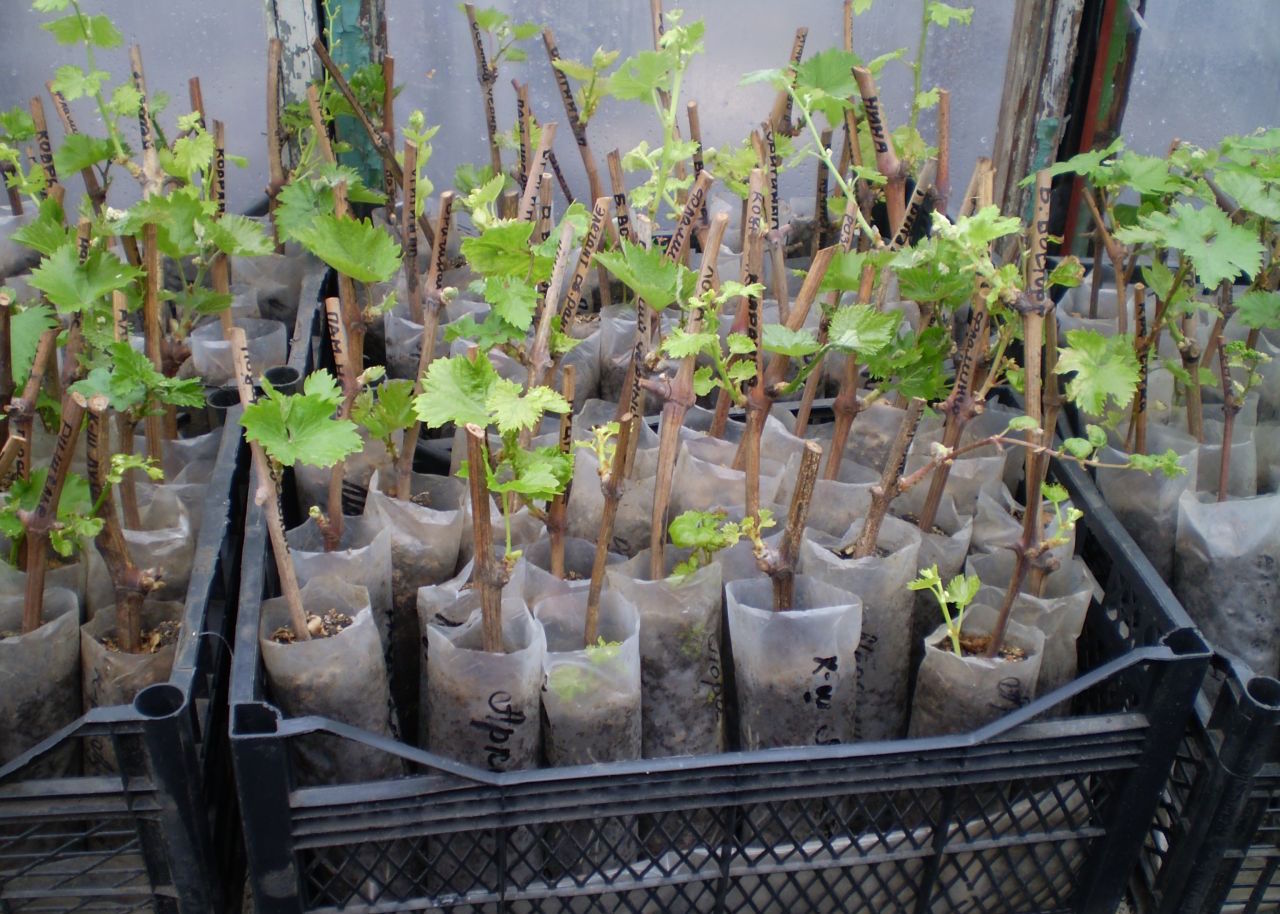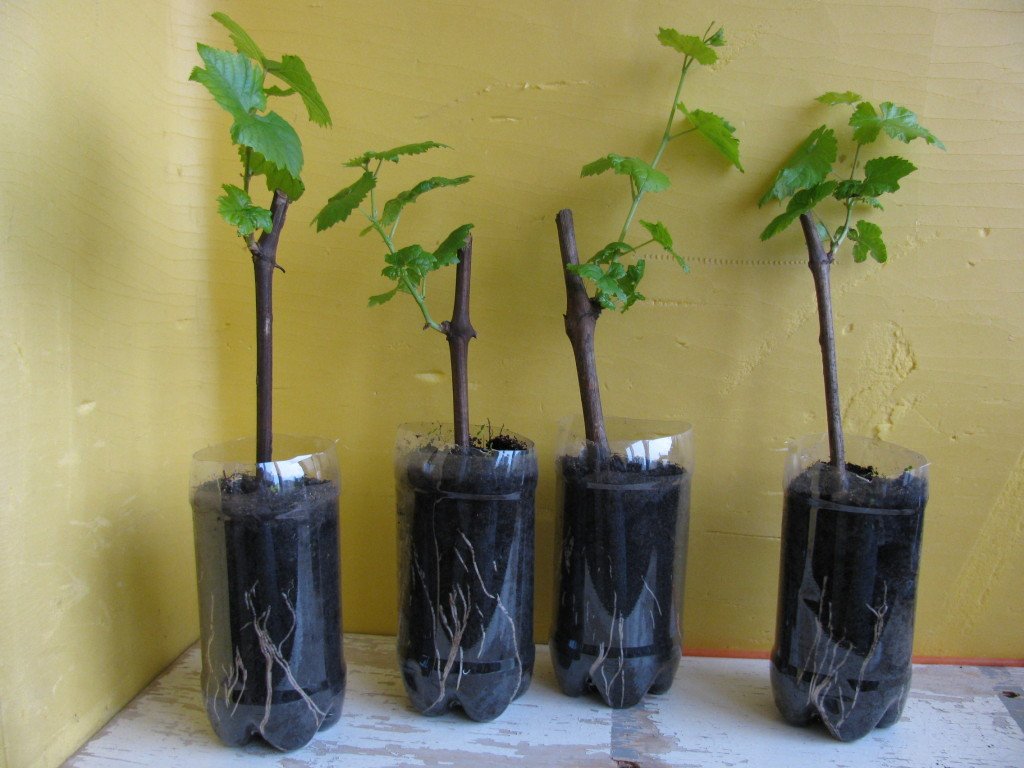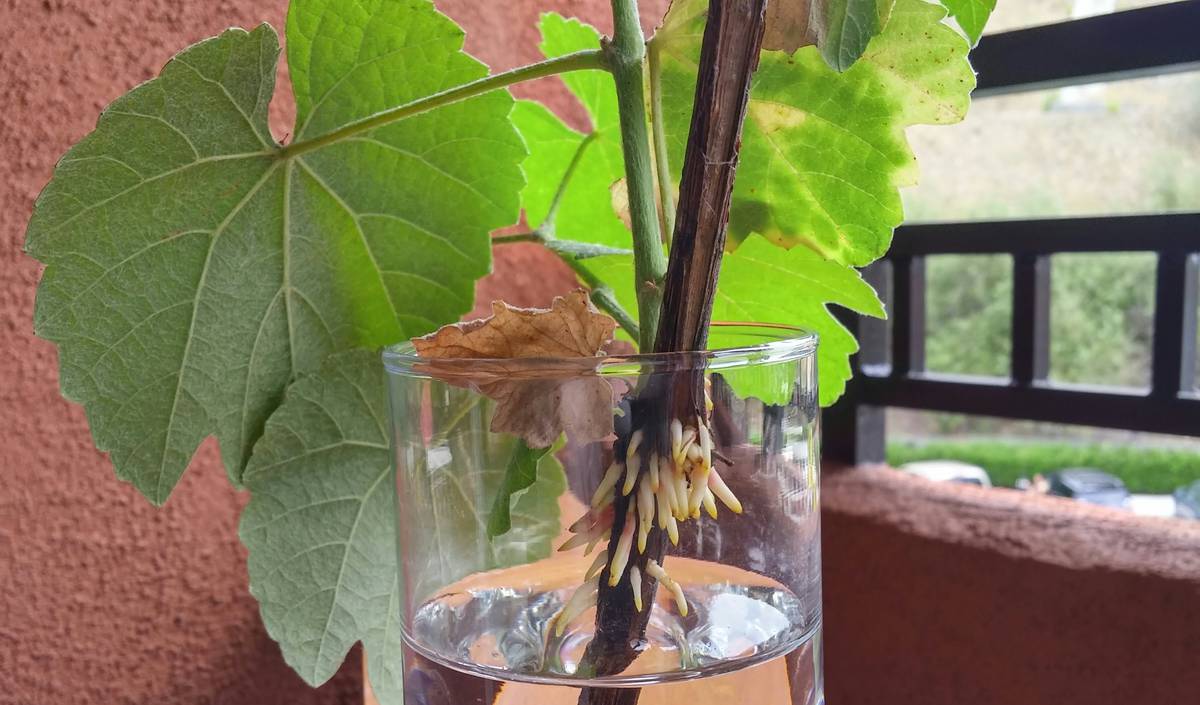Horseradish is a plant loved by many gardeners. Horseradish leaves are used for salting vegetables, amazing snacks and seasonings are prepared from the root. It is frost-resistant, easy to care for, and can be grown without changing places for many years. So that horseradish does not become a weed, which is difficult to get rid of, plant horseradish correctly.
Content
Preparing the site and soil for planting horseradish
Horseradish prefers sunny areas or partial shade. In constant shade, the plant will not develop well. You can grow horseradish in one place for up to 10 years without crop rotation.
Horseradish can grow on any soil, but to obtain thick and succulent roots, the plant needs fertile soil: black soil, sandy loam (sandy soil), light loam. On heavy clay soils, the horseradish rhizome branches strongly, which makes it difficult to harvest. On dry soils, the rhizome will be tough with a weak taste and aroma. Roots can rot on waterlogged soil. If a site with a high groundwater table, plant horseradish in high beds.
Prepare the soil in advance:
- Remove weeds.
- Apply to soil 1 m2: 10 kg of peat, compost or humus; 50 g superphosphate; 20 g of potassium chloride.
- Dig the ground to a depth of 25-30 cm.
- Flatten the bed and water well.
For the spring planting of horseradish, the soil is prepared since the fall.
Superphosphate can be replaced with wood ash - 60-90 g / m2, and instead of potassium chloride add nitroammofosku - 50 - 100 g / m2... Then add ash in autumn, and nitroammofosk in spring.
The predecessors of horseradish can be potatoes, tomatoes, cucumbers, beets. It adjoins well with rhubarb, potatoes, aromatic herbs. Do not plant next to strawberries, beans, tomatoes, carrots.
Preparation of planting material and the process of planting horseradish
Horseradish seeds are rarely propagated. It begins to bloom in the second year, giving very few seeds. The most common method is propagation by cuttings or by rooting the top.
Propagation by cuttings (division and transplantation of a horseradish bush after harvest)
Cuttings are prepared like this:
- Cut off the lateral roots of an annual rhizome - they are the best planting material.
- Cut them into cuttings 15–20 cm long and 1–1.5 cm thick. In order not to plant the root upside down, make the lower cut beveled, and the upper cut straight.
- If your goal is to get smooth, thick roots, you need to remove all the buds that are located in the middle of the cutting. A root will grow from the lower buds, and leaves will grow from the upper ones. To do this, stepping back from the upper edge by 2 cm, and from the bottom - by 3 cm, carefully rub the middle of the cutting with a rough material (for example, a glove or burlap). To obtain planting material for further reproduction, it is not necessary to remove the middle buds.
Prepared cuttings are immediately planted on the beds, when planting in summer or before winter.
If you plan to plant horseradish in the spring, then carefully tie the cut cuttings in bunches and put them in storage in the basement, sprinkling with dry sand. You can store the cuttings in the vegetable section of the refrigerator by wrapping them in paper. 10-14 days before planting, remove the cuttings and place in a warm place, having previously wrapped them in a damp cloth or sprinkled with damp peat... The buds on the cuttings will begin to sprout, and the extra middle buds can be carefully cut off with a garden knife.
Horseradish is planted on prepared beds at a distance of 30–40 cm from each other, the distance between rows is 70–80 cm.

Horseradish grows heavily rhizome and leaves, so when planting, adhere to these distances between cuttings
Please note - cuttings are not planted straight, but at an angle of 30-450. To do this, it is very convenient to use a planting peg.
Operating procedure:
- On the prepared bed, make a groove with a planting peg and place the horseradish stalk in it with an oblique cut down.
- Bury the top of the cutting 3–5 cm into the ground and sprinkle it with earth.
- For better rooting, lightly compact the soil with your hands.
- Then water the bed and mulch (foliage, mown grass, etc.).
Horseradish can be propagated by cutting off the roots. When you dig horseradish in the fall, cut off its side roots about 1 cm thick and 8-10 cm long. Plant them immediately in the ground, deepening 5 cm. The roots will root well. True, the roots of sufficient thickness will grow only after two years.
Rooting tops
The simplest method of growing horseradish is by rooting the top. The upper green part of the rhizome has a piece of root, small petioles and a bud of growth. When pruning the rhizomes, cut off the green tops, make grooves 4–5 cm deep on the garden bed, plant the tops 25–30 cm apart, sprinkle with earth and water. Horseradish is propagated by green tops throughout the summer and during the autumn harvest in October.
So that horseradish does not grow uncontrollably throughout the site, the garden bed can be fenced. For example, dig in slate sheets around the perimeter.
Planting horseradish seeds
If you nevertheless decide to grow horseradish from seeds, then this process is quite time consuming. Collecting horseradish seeds yourself most likely will not work. The plant blooms in the second year of life in June and, as a rule, the seeds do not ripen. It is best to purchase them from a garden store.
Prepare the bed as for planting horseradish with cuttings and tops. Plant the seeds at a distance of 8-10 cm, the distance between the rows is 60-70 cm. Submerge the seeds into the soil 2-3 cm... Water the garden bed and mulch.
Seed germination is low, moreover, a root suitable for consumption will grow only in the second year.
Planting horseradish in a barrel
In order to prevent horseradish from spreading throughout the site, experienced gardeners grow it in barrels. This can be either a metal barrel or any container that limits the growth of the culture.
Growing horseradish in a barrel is not difficult, but there are still some nuances:
- you need to water the plant in a barrel quite often, as the earth dries out quickly;
- the soil in the barrel gets very hot, so it must be painted white and not placed in the sun;
- for summer residents who appear on the site only on weekends, this method will not work - the plant will die without frequent watering.
If a barrel or other structure (for example, a box) is buried in the ground, then horseradish cultivation will be the same as in a regular garden bed.
The soil for growing in a barrel is prepared in the same way as for growing in the open field (we talked about how to prepare the soil for planting horseradish earlier).Make holes inside the barrel, plant horseradish, pour and mulch. 5-6 roots are planted in a barrel. Caring for horseradish in a barrel is no different from horseradish growing in a garden.
Horseradish planting dates
Horseradish can be planted at any time - in spring, summer, autumn. Horseradish is a very tenacious plant - it can even grow from a part of the root that remains in the ground.
Horseradish root can grow to a depth of more than two meters, building up lateral roots. As practice shows, it is impossible to completely remove horseradish from the area where it grows for a long time.
To get smooth and succulent horseradish roots, grow it as an annual crop. Plant in spring or autumn, removing it completely from the garden at the age of one year. If you planted horseradish in the summer, then the harvest is harvested in a year.
Planting horseradish in spring
They begin to plant horseradish in early spring, after the ground thaws. The best time to plant it is mid-April. Cuttings harvested from the fall must be prepared in advance. Remove them from the cellar or refrigerator where they were stored during the winter 10-14 days before planting. Wrap in a damp cloth or cover with damp peat and place in a warm place. After bud germination, plant the cuttings in the garden bed.
In the summer, it will already be possible to dig out the roots as needed. The roots are completely dug up in mid-October.
Planting horseradish before winter
It is very convenient to plant horseradish before winter - you need to store cuttings in winter. Horseradish is planted in October, immediately after digging up the crop. Leave large roots for personal use, and cut thin ones into cuttings and immediately plant them in the ground. Many gardeners practice cutting off green tops, which are also planted immediately.
The undoubted advantages of planting horseradish before winter are:
- early harvest - horseradish roots ripen in the midst of canning;
- horseradish, planted before winter, is more vigorous and fragrant;
- overwintered cuttings in the soil are not afraid of return frosts;
- the plant does not like heat (comfortable temperature for horseradish growth is 20-250C), therefore, in winter horseradish, the main vegetation processes take place at optimal temperatures;
- time is freed up for numerous spring works in the garden.
Planting horseradish in summer
Horseradish can be planted all summer. It will root well and grow well. True, the harvest can only be harvested in a year, since horseradish will not have time to grow thick roots suitable for use. Horseradish is planted in summer just like in spring and autumn.
Try to plant horseradish in the summer in cloudy weather. Water regularly to help the plant take root faster. If it is very hot days, postpone planting horseradish for a cooler time.
How to properly care for horseradish after planting
Horseradish is quite unpretentious and minimal maintenance. Remove weeds and water while keeping the soil dry for a long time.
The earth needs to be loosened periodically. 7 days after planting the cuttings, loosen the soil with a hoe or flat cutter to a depth of 3–4 cm. When shoots appear, loosen the soil to a depth of 6–8 cm. Loose the soil under young plants 20–25 cm in height already to a depth of 10– 12 cm.
In the future, weeding and loosening of row spacings are carried out four times during the entire vegetative period.
Horseradish can not be fertilized - it has enough fertilizers that were introduced into the soil before planting.
Video: how to plant horseradish
Don't be afraid to grow this vigorous root in your area. Subject to certain growing rules, horseradish will never turn into a weed plant.











